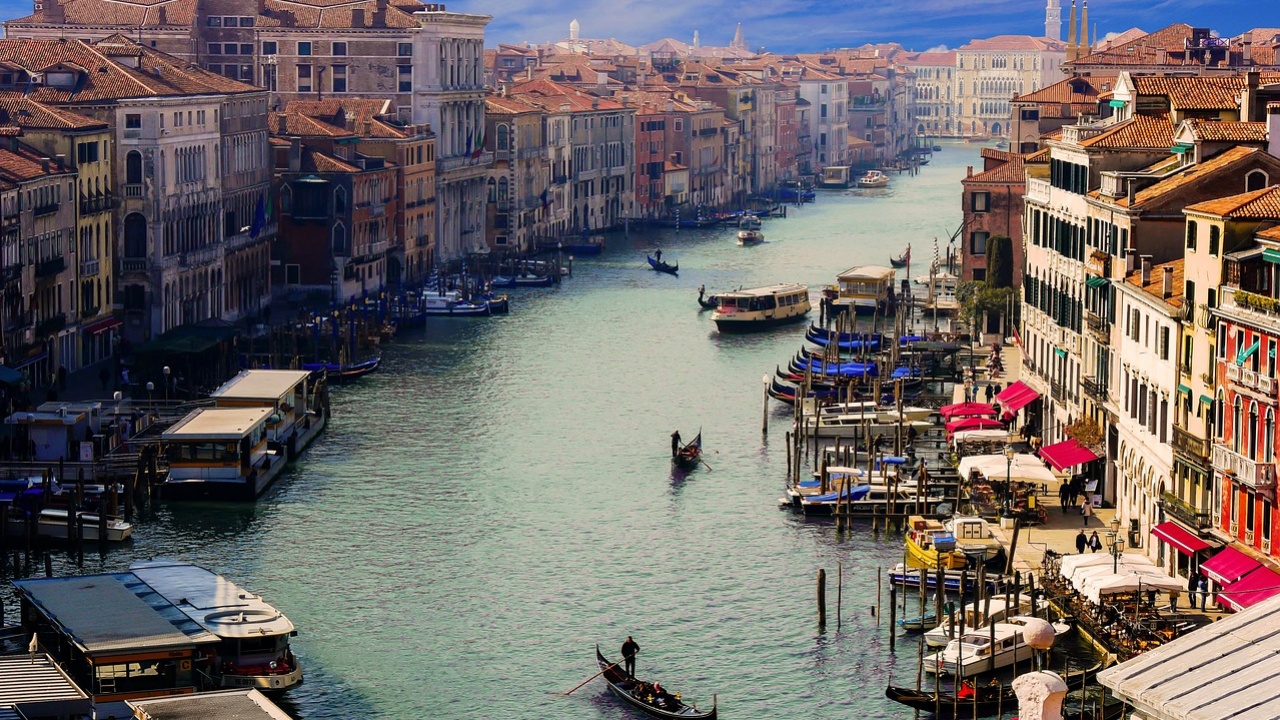81ST Venice International Film Festival is just around the corner. From 28 August to 7 September 2024 at the Venice Lido, under the direction of Alberto Barbera, in the Competition section, in addition to the eagerly awaited Joker: Folie à deux and Pedro Almodóvar’s The Room Next Door, there will be five Italian titles: Campo di battaglia by Gianni Amelio, Vermiglio by Maura Delpero, Iddu by Fabio Grassadonia and Antonio Piazza, Queer by Luca Guadagnino and Diva futura by Giulia Louise Steigerwalt.
The coveted Golden Lion award for Best Film this year will be presented by French actress Isabelle Huppert, who will head the jury. The two Golden Lions for Lifetime Achievement will be awarded to actress Sigourney Weaver (Alien, Ghostbusters etc.) and director Peter Weir (The Fleeting Moment, A Year Lived Dangerously).
The Out of Competition section will present the Sky Original M. Il figlio del secolo series, the historical novel, written by Strega Prize winner Antonio Scurati: an eight-episode series starring Luca Marinelli, produced by Sky and premiered at the Venice Film Festival. Instead, the Orizzonti section opens, dedicated despite Valerio Mastandrea’s second direction.
or president Pietrangelo Buttafuoco and director Barbera, the role of cinema is to read the present, offering different points of view on contemporaneity, and to anticipate the future.
In this regard, the director emphasises of the Venetian kermesse: “Far from representing an illusory and momentary parenthesis in the continuum of recurring breaking news that bedevil our daily lives, cinema offers the opportunity for a necessary and irreplaceable in-depth examination and reflection. If the great themes of contemporary times can be traced back to the frightening explosion of bloody armed conflicts, the premonition of an overwhelming climatic catastrophe, the emergency linked to unstoppable migratory phenomena and the growing spread of populist, supremacist and nationalist movements that are in opposition to the fragile equilibrium of traditional democracies, all these themes can be found in many of the films on our programme. Aware of the responsibilities of a cultural event of global importance, the Festival opts for the reasons of confrontation, introduces different points of view, and does not shy away from the polemics that may ensue, certain that only in dialectics and discussion lies the seed of a possible solution to the most irreducible conflicts and oppositions that mark our time. ”

